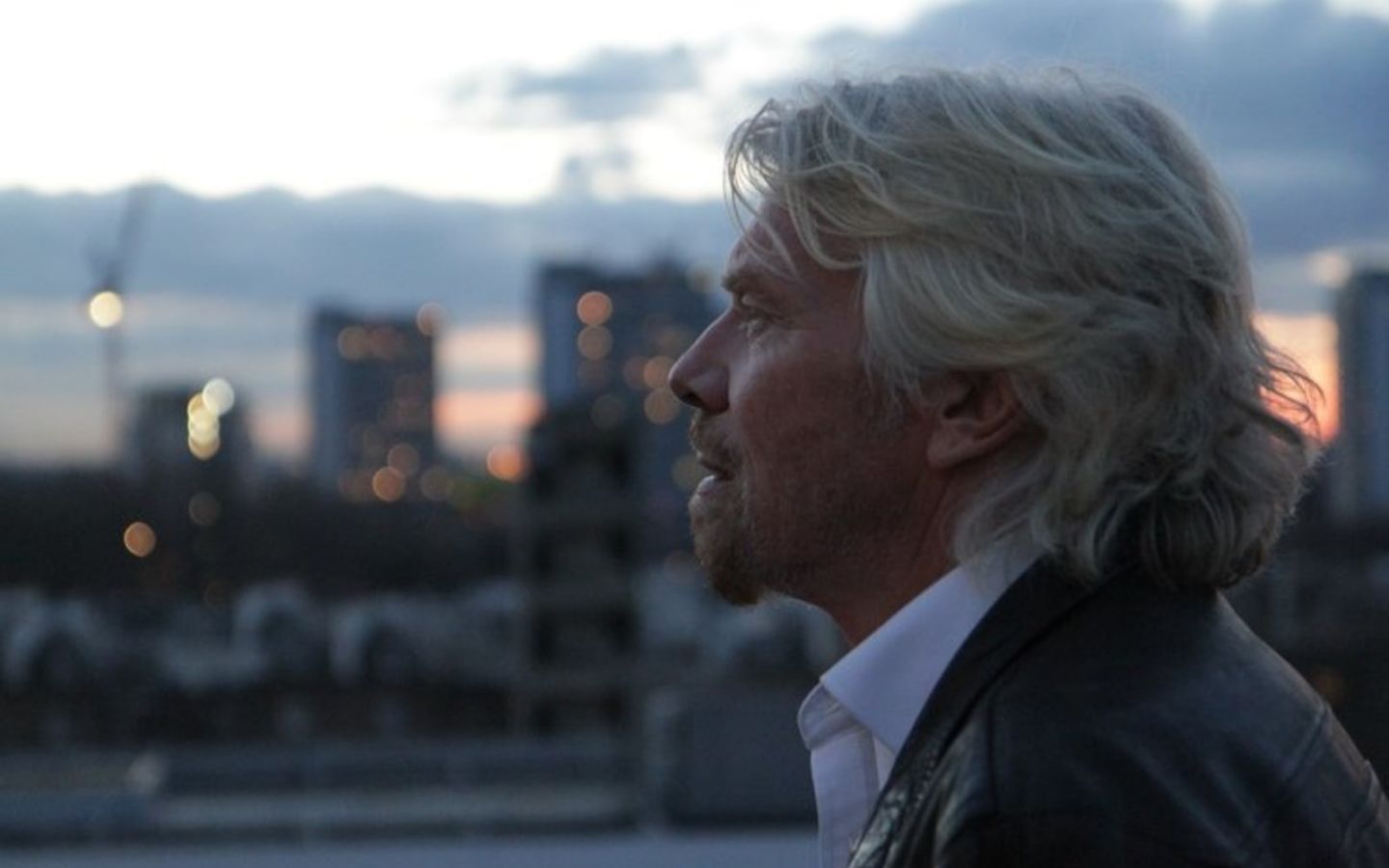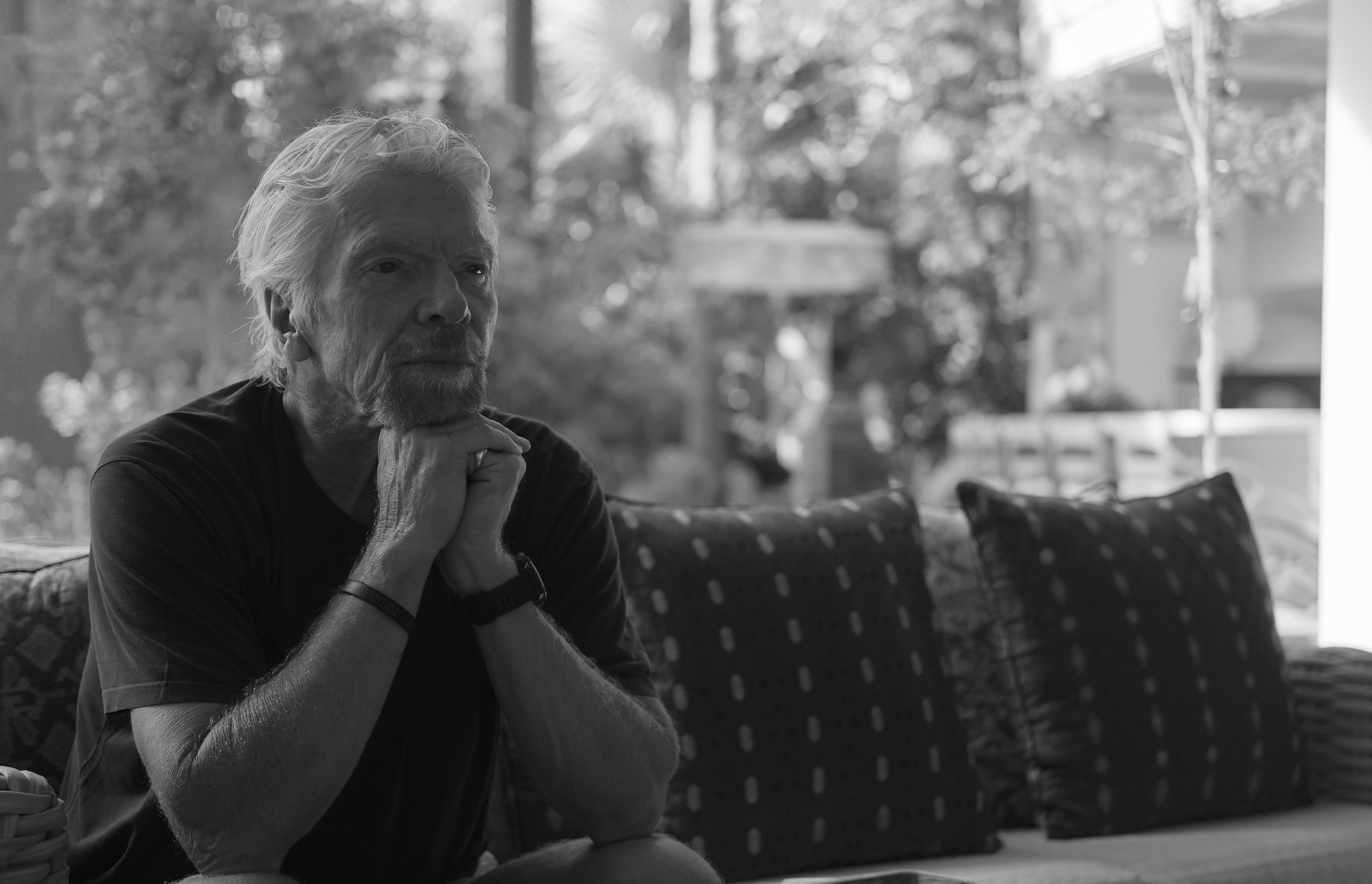A call for more empathy and understanding this World Refugee Day
I was shocked and devastated by the news last week that dozens of people drowned after a boat likely holding hundreds of refugees capsized in the Ionian Sea off the Greek coast.
Sadly, this is not an isolated incident, and we’ll probably never know the full toll of the humanitarian emergency that has been taking place in the Mediterranean for many years now. Amnesty International has called last week’s tragedy “entirely preventable”, and I agree. But without a clear political consensus on safe routes into Europe, those tragedies are likely to continue. Something has to change, and that includes the public debate about refugees. I find it heart-breaking to see the lack of empathy for the desperation of people who voluntarily submit to this dangerous journey in the hope they’ll find somewhere safe to call home.
Language is a problem, too. Media coverage frequently refers to illegal migrants, a terribly misleading term, considering that available data show a high likelihood that a large share of those making the crossing will eventually be recognised as refugees, being forced to leave their homes in order to escape armed conflict, persecution, repression, or natural disasters. Contrary to being "illegal", many are exercising their internationally, recognised right to claim asylum. This is a right that has been enshrined in the Refugee Convention since 1951.
Calling refugees migrants suggests that those embarking on this perilous journey choose to do so purely for economic reasons, rather than being forced to leave their homes in order to escape armed conflict, persecution, repression, or natural disasters.
World Refugee Day serves as a timely reminder that the global refugee crisis continues unabated, and will likely intensify in years to come. According to UNHCR, the UN Refugee Agency, nearly 108 million people globally were forcibly displaced at the end of 2022 – more than at any point since the end of World War II. Each year the number rises, the death toll increases, yet even when disaster strikes, heads barely turn.
We need to approach this massive humanitarian crisis with empathy and understanding – and we need joined up political will to tackle the root causes.
The world is full of slow-burning conflicts, which are often fuelled by the inability of the international community to confront repressive authoritarian regimes, end armed conflict and tackle corruption. Climate change is another key factor, as it will lead to food and water shortages, rendering parts of the planet uninhabitable – leading to more unrest and conflict. Without a doubt, climate action is also refugee action.
Empathy and support need to extend to both the refugees and the countries that are shouldering most of the burden of hosting them. The responsibility for supporting refugees usually falls on countries neighbouring crisis zones, where the majority of global refugees have fled – countries like Poland, Turkey, Lebanon, Bangladesh, Kenya, Pakistan, or Colombia. They need all the help they can get and the global community must provide it. And yet, public policy seems largely focused on deterring the problem, rather than solving it.
You want to stop the tragedies and the people smugglers? We all do. What is so outlandish about guaranteeing safe passage for asylum seekers and accelerated resettlement, education access, and the right to work so that refugees can rebuild their lives and their livelihoods? Given what we know about the net contribution refugees have been shown to make to their new communities, I’ve always seen resettlement and integration as an opportunity – a worthwhile social investment that will drive growth, prosperity, and diversity and enrich host societies in countless ways. Sadly, the compelling evidence supporting this view rarely makes headlines.
While much responsibility rests with governments, there is a lot that business can do, too. Advocacy is one option – I’ve long used my voice to encourage a climate of inclusion and openness. But companies should also look into employing refugees or integrating refugee-led enterprises into business supply chains. Pragmatism and empathy are the way to go if we are really committed to ending this crisis and making the world a safer place for all.
To learn more about opportunities for business engagement for refugees, head over to these brilliant orgabnisations:




